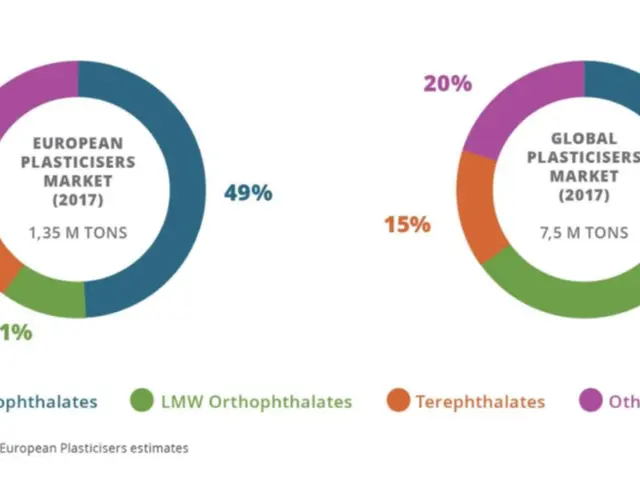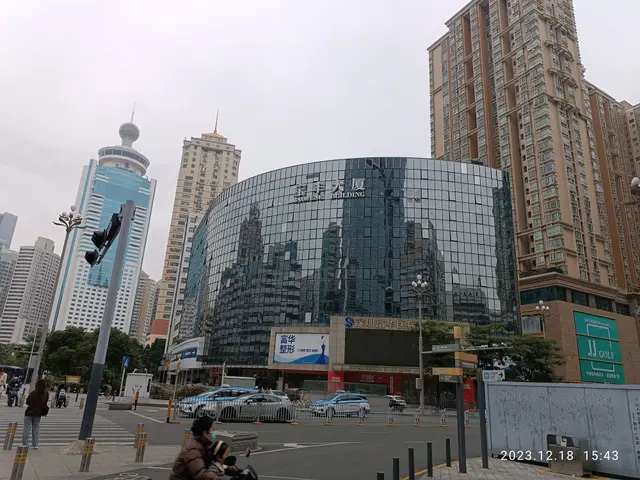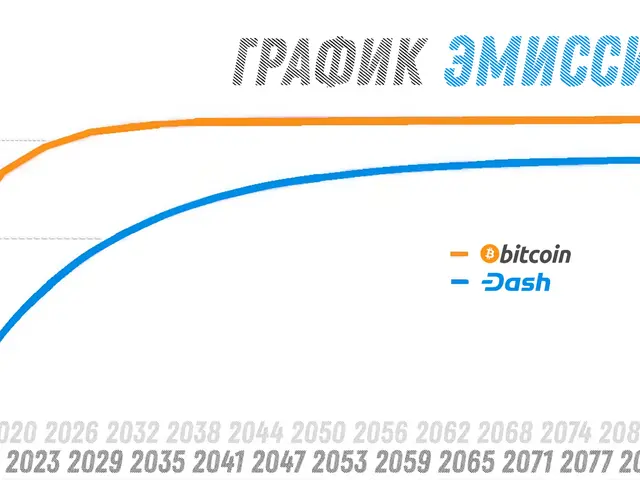Updated Article:
In the limelight of upcoming elections in over 70 countries, home to more than half the world's population, the UN High Commissioner for Human Rights, Volker Türk, issues a warning. The advent of artificial intelligence (AI) in these elections sets a new stage, presenting potential risks for misinformation and propaganda. Türk spoke at a press conference in Geneva, emphasizing the urgency for governments and tech companies to collaborate in tackling dangerous online content and preserving freedom of expression and peaceful assembly during election campaigns.
The UN High Commissioner highlights that campaigns often foster extremism and propagate hate speech against opponents. Türk advises politicians and leaders to steer clear from stirring up fear against the "other," avoiding divisive rhetoric to gain votes.
Governments and tech firms must work in tandem to combat online crime and safeguard human rights in the era of AI. Volker Türk advocates for this collaboration to prevent AI from being misused for spreading hate speech and other forms of violence. The UN office in Geneva, Switzerland, launched a partnership with international bodies and tech companies for promoting transparency and accountability in AI use.
Key Strategies for Addressing Risks of Propaganda and Disinformation:
- Legislative Measures: The European Union introduces reforms, while the US considers reinterpreting the First Amendment to regulate AI use in elections.
- Regulatory Oversight: The United Nations' Global Principles for Information Integrity encourages immediate action against misinformation and disinformation, aiming to protect human rights and promote transparency.
- Private Sector Cooperation: Large tech companies commit to curtailing AI risks, with initiatives like a consortium of tech giants addressing the dissemination of deceptive election content.
- Fact-Checking and Transparency: Encouraging media literacy and strengthening societal resilience is vital. Partnerships between tech companies and governments provide real-time insights during elections, empowering individuals to navigate digital spaces.
- Collaboration and Multi-Stakeholder Approach: Engaging academia and civil society plays a pivotal role in responding comprehensively to disinformation, involving everyone from governments and tech companies to civil society and academia.
- Monitoring and Detection: Assessing AI models, detecting and monitoring deceptive content distribution, and utilizing community notes systems enable effective management of misleading information.
As the world moves into a new digital era, the UN High Commissioner for Human Rights warns of the potential dangers associated with elections in the age of AI. Collaboration between governments and tech firms, coupled with strategic measures and multi-stakeholder approaches, can safeguard human rights and ensure the integrity of democratic processes.








